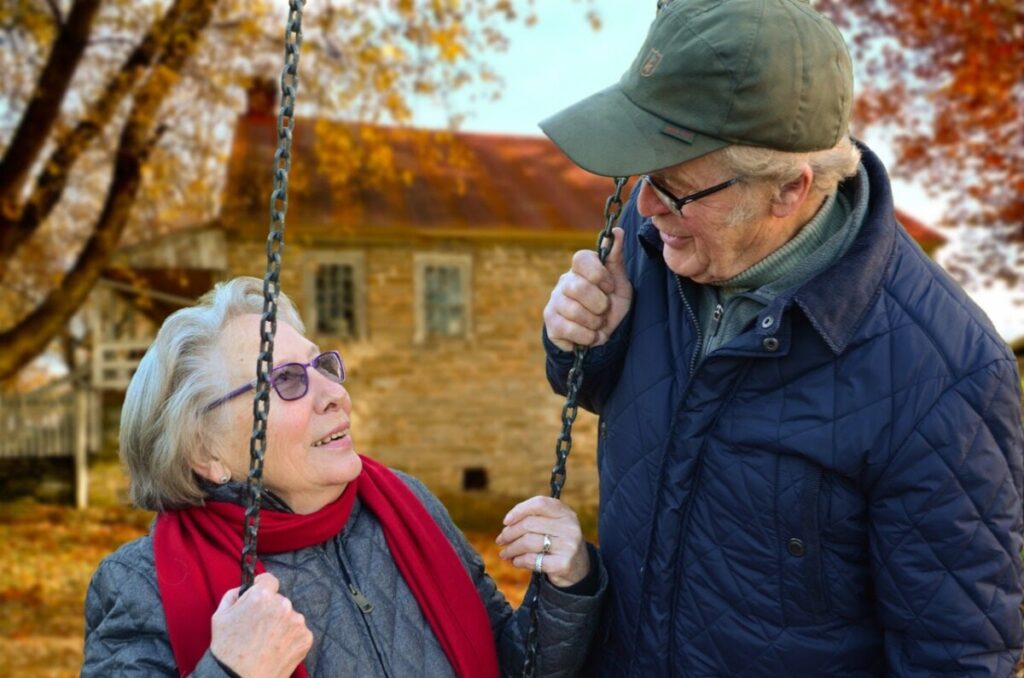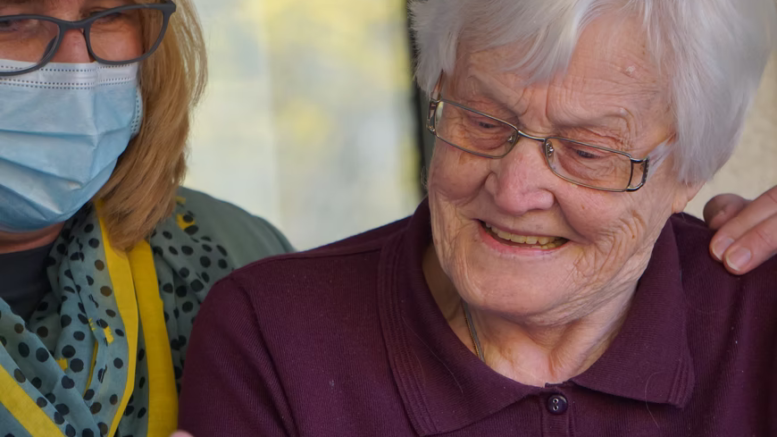It’s not always easy to put yourself in your loved one’s shoes and understand how they feel on the inside. If you show them that you care about their feelings and show them love at a time when it seems like life has really let them down, then you can provide a small amount of joy for someone who may otherwise be feeling incredibly lonely.
This article will go over some of the fundamental aspects of caring for your loved one when they go into a care home.
Making The Transition
Once your loved one goes into the care home, they will need some assistance to get used to the new environment. You need to sit down with them and explain exactly what is happening and why. Let them know that you will still be coming into their lives every few days to help if they require you to do so.
How to Ensure Your Loved One is Safe in a Care Home
You’re going to want to make sure that the care home you place your loved one in is as safe as possible.
Take a tour of a few senior communities first and ask questions as you go.
- Has it got a fire escape route?
- Are there alarms for medical emergencies?
- Is there a good number of staff on hand if an emergency should arise?
- Are rooms locked at night?
- What’s the procedure if people get distressed or lose their way?
These are all things to look out for and they will greatly assist in making sure your loved one is safe and sound.
Which Type of Care Home Is Best?
There are several different types of care homes out there. Here’s a breakdown of the most common care home types:
Residential Care Homes
Residential care homes offer 24-hour nursing care, with the main objective of providing its residents with assisted personal hygiene, help with eating and drinking, dressing and undressing, and social interaction.
These types of care homes are very safe and the staff is generally well trained.
However, they tend to be more expensive, so you’ll want to make sure that your loved ones will get their fair share of care here.

Community Care Homes
Community care homes typically provide a wider range of services than residential care homes, including personal hygiene, and help with dressing and undressing, and they also have a larger number of staff members on hand should there be an emergency.
These care homes are not as expensive as the residential care homes but they do tend to lack in terms of breadth of services.
Dementia Care Homes
Dementia is a degenerative brain disorder that leads to problems regarding memory, thinking, and behavior.
The symptoms begin as early as 45 years of age for some, but for others, it begins later.
While there is no cure for dementia, some people with dementia can be diagnosed with mild forms.
If this is your loved one, they will often require less care and can live more independently in a community home or care home.
